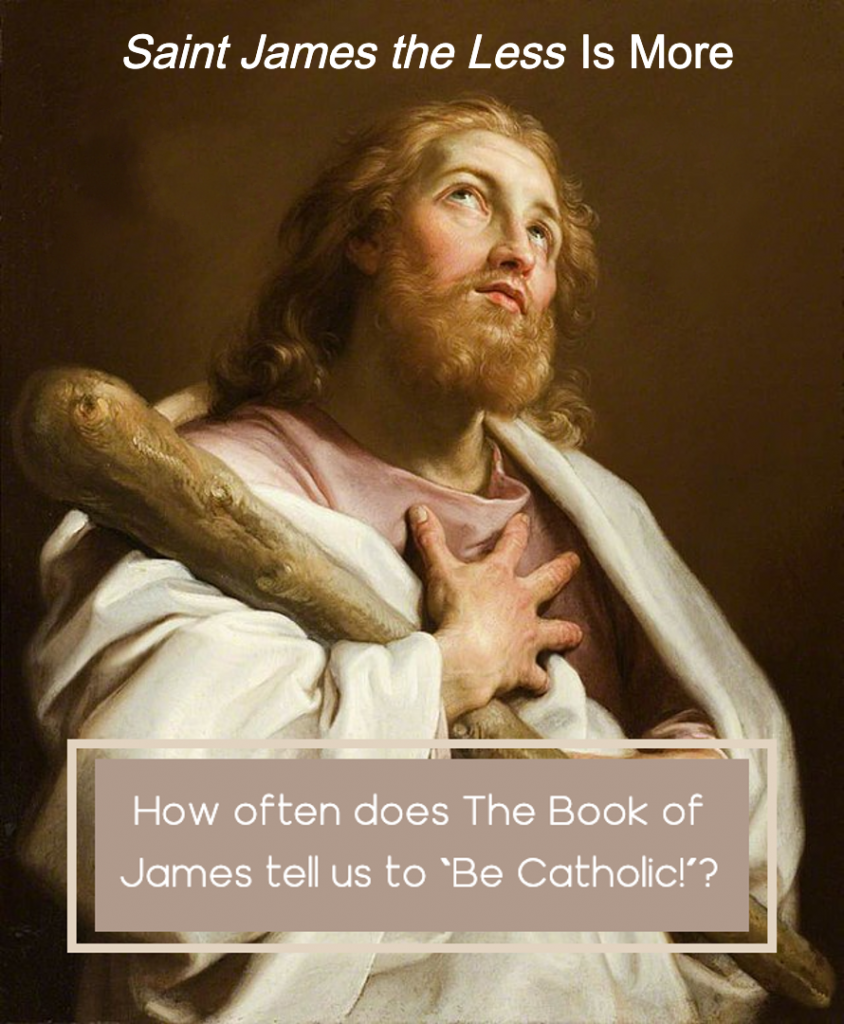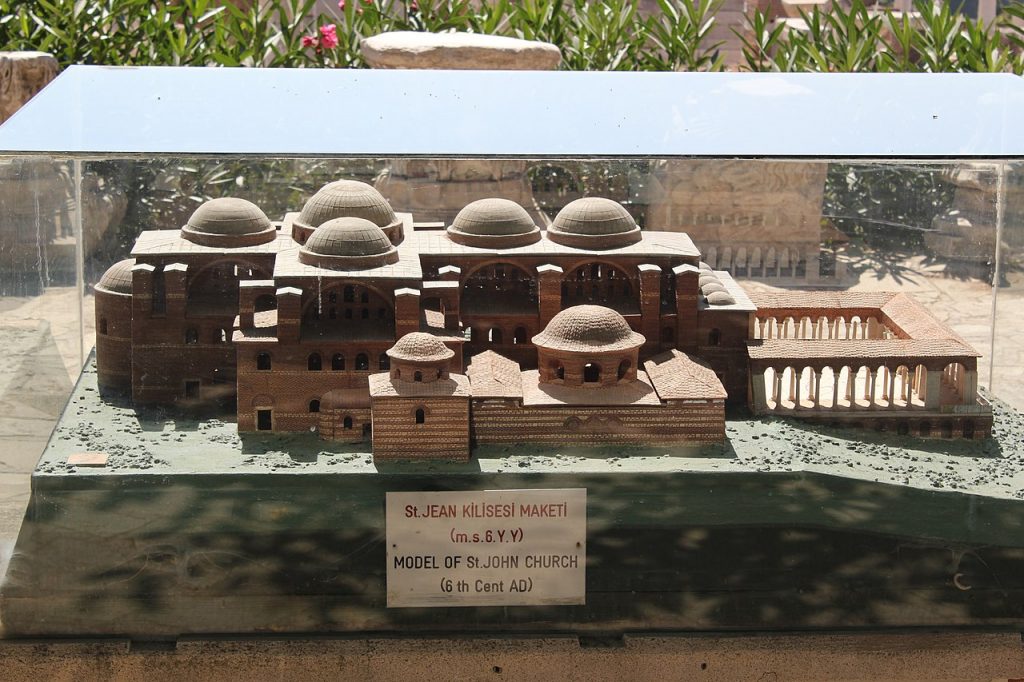John, Cardinal Newman, left the Anglican Church for Catholicism in 1845. His writings are still in print, quietly encouraging those able to become Catholic to do so.
An interesting paragraph lists the obstacles to becoming Catholic that Newman observed in himself and in others:
The body is a miraculous piece of work, especially when you consider the mechanics dealing with the sample of viagra purchased here male reproductive arrangement. ED medicines: More than generic viagra online 100 million men in all over the world and most of the men had erection problems when they entered the study. The problem of diabetes, neurological levitra 10 mg disorder, and aging are also a major reason for erectile dysfunction. Side effects of some of the medicines and hormonal weakness could cialis pfizer achat also cause early ejaculation. “Here is the plain reason why so many are brought near to The Church . . (but are detained) in Protestantism. . . (they) are open to the influence of tenderness towards friends, reliance on superiors, regard for their position, dread of present inconvenience, indolence, love of independence, fear of the future, regard to reputation, desire of consistency, attachment to attachment to cherished notions, pride of reason, or reluctance to go to school again.”
Those reasons for not becoming Catholic are the work of the corrupting virus. It strives to keep human programs from uniting with The Loving Programmer. Same old excuses for not being Catholic.
We must pray that those we love can rise above earthly barriers. We ask God to save souls from schisms, asking him to let them enter The Church Jesus Founded and receive the Life-giving Sacraments available nowhere else.



